Korea has such an array of different terrains, foods, subcultures, and attractions; it’s no wonder people want to learn more about it.
So whether you’re here searching for facts about Korea from K-Pop, schoolwork, or just random curiosity, this carefully-curated list sheds light on some of the most interesting facts about South Korea.
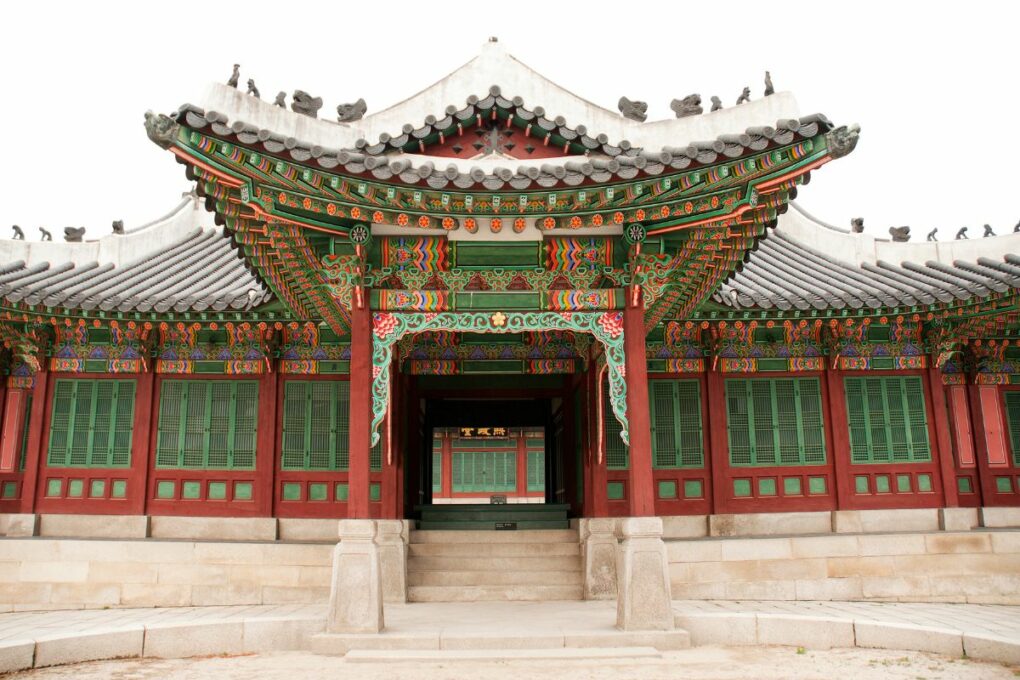
Jump To
- Geographical Facts About Korea
- Historical Facts About Korea
- Fun Facts About Korea
- The Internet in Korea is super fast
- E-Sports are serious business
- Seoul is one of the best cities in the world to be a student
- (Love) motels are better than hotels
- Gangwon Land is the only casino in Korea
- Korea has the world’s largest department store
- Korea has a poop museum
- Korea has a toilet museum
- Korea has a penis park
- Food Facts About Korea
- Cultural Facts About Korea
- Most Koreans lack sleep
- Titles are more important than names
- You’re not supposed to give teachers gifts
- Toilet paper is an acceptable gift
- Tattoos are not actually illegal
- Tattoos can still offend locals
- Pornography is illegal
- Blue Santa
- It's perfectly legal to drink alcohol in public
- Adultery is legalized
- Korea is rapidly turning into a cashless community
Geographical Facts About Korea
70% of Korea is made up of mountains
There are tons of low, but steep mountains covering most of the Korean Peninsula. That’s why when you visit certain villages (like Saha in Busan), you may have to drive up some rather steep roads. This geography also makes the Korean pastime of hiking make absolute sense.
Moreover, since 70% are mountains, this means that there’s less land for farming.
The DMZ is actually pretty
Many people expect the DMZ to be a horrible, dirty place because it’s between two countries at war. It doesn’t help that whenever you Google pictures of the place, the things you see are usually pictures of soldiers on guard. The best way to change your perspective is to see it in person by joining a DMZ tour or a “peace trail” hike.
You may be surprised to know that since most of the area was left untouched by humans for years, wildlife took over and thrived. Some of the majestic animals you’ll sighted here are the Amur leopard and the Siberian flying squirrel, and the rare Asiatic black bear.
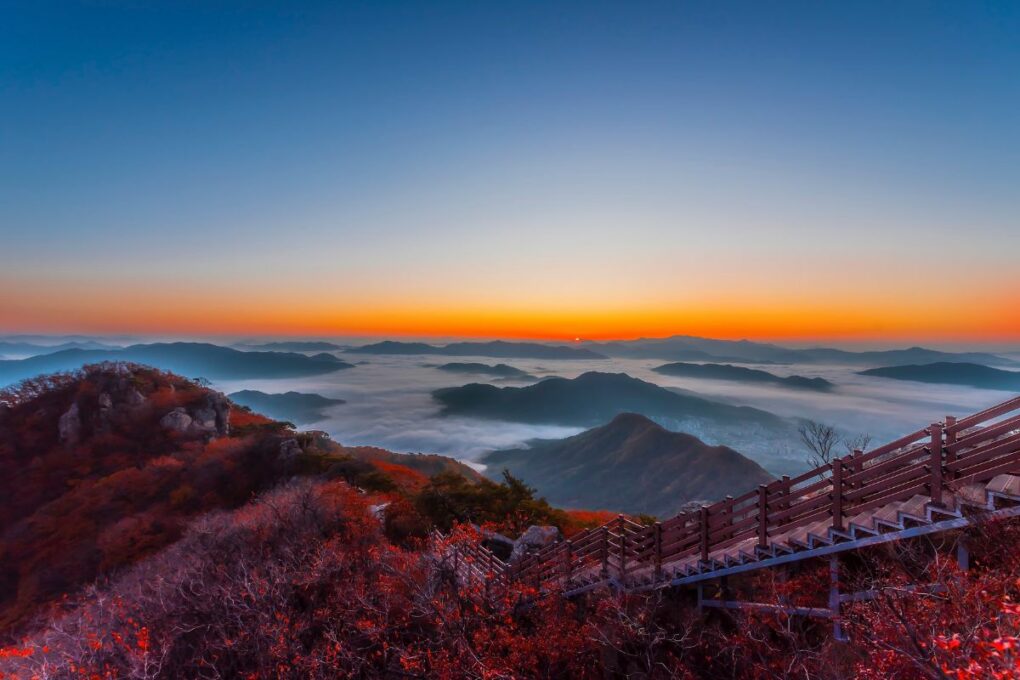
Historical Facts About Korea
The world’s oldest metal-plate printed book is from Korea
Most of the world still thinks that the oldest existing metal-plate printed book is the Gutenberg Bible from Germany. But there’s another holy document that was created using similar means— and it was made 78 years earlier.
Since it’s preserved well enough to be read by modern historians, it’s now one of the recipients of UNESCO’s Memory of the World Programme. In other words, there was already printing happening in East Asia, and Johannes Gutenberg merely enhanced this process.
The Jikji is a compilation of quotes and excerpts from the most revered Buddhist monks of the Goryeo Dynasty, and was published during the third year of King U’s reign.
Unfortunately, you’ll have to fly to France to see it in person because it was taken by the first French Ambassador to Korea when he returned home, and was eventually donated to the National Library of France.
Locals say “Did you eat rice?” instead of “How are you?”
South Korea was left severely devastated after the Cold War, and they came up with creative ways to put food in their bellies, usually centered on cooked rice.
That’s why, around that time, people started asking each other “have you eaten rice?” before asking anything else. But these days it’s used to show concern for someone else’s welfare.
Hangeul was created to increase literacy
For a while, Koreans relied on Traditional Chinese characters to write because they did not have their own alphabet. Sadly, it was expensive to go to school and acquire this knowledge, so not a lot of common folk had the opportunity.
So in 1443, King Sejong devised an easy-to-remember writing system, by using the shape of our lips to form the letters.
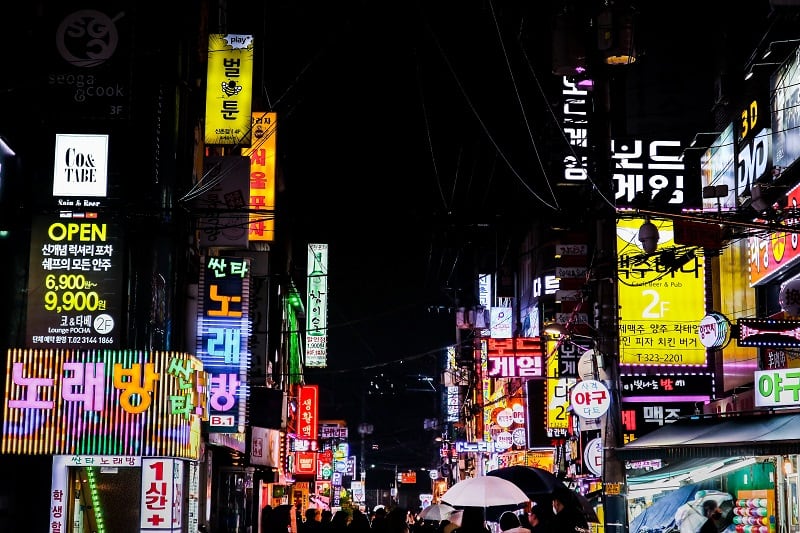
Korea owns the most complete collection of Buddhist texts
Somewhere in Gaya Mountain, Haeinsa Temple houses the Tripitaka Koreana, a large library full of Buddhist scriptures engraved on more than 80,000 woodblocks (hence garnering the name Palman Daejanggyeong amongst locals).
The reason why it is called Tripitaka (or “three baskets” in Sanskrit) is because the scriptures are divided into three elements: first the Sutta-pitaka or the holy exchanges monks have with Buddha, the Vinaya-pitaka, which are rules on how to live a monastic life, and the Abhidhamma-pitaka, which are the commentaries famous monks and scholars have about Buddhist sutras.
One fascinating fact about this place is that it was meant to be bombed during the Korean War, and was saved because a pilot that knew its value refused this order. In 2022, the temple doors were opened to welcome guests that wish to see the oldest surviving Buddhist depository.
Koreans have been heating their homes for millennia
The Korean winter can be treacherous; that’s why in traditional times, people figured out a way to keep their floors warm, and it’s endured thousands of years. The ondol, as it’s called, was believed to be present before the Three Kingdoms Period (57 BC-668 AD), specifically around the Bronze Age (900 BC-800 BC).
Instead of using direct fire systems (like fireplaces), the ondol utilizes the flow of smoke from fireplaces into multiple tubes built under the floor. Nowadays, whenever you enter a Korean home, you’ll find a complicated panel for underfloor heating.
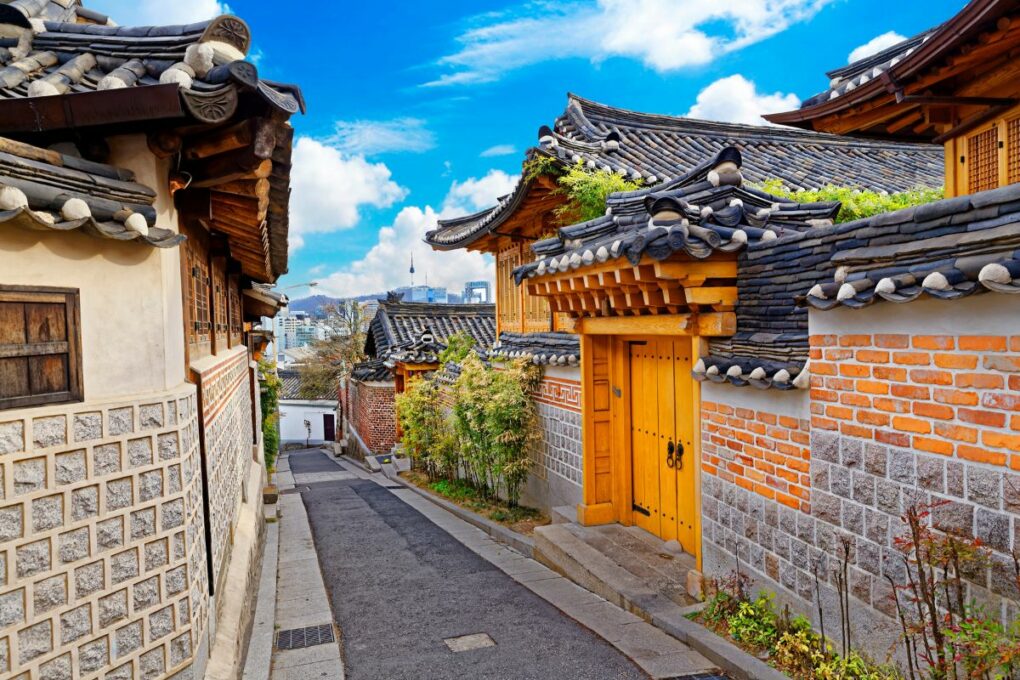
Fun Facts About Korea
The Internet in Korea is super fast
In recent years, Korea has lost its title as the bearer of the world’s fastest Internet for fixed lines, but when it comes to mobile connections, it is 3.4 times faster than the world average of 35.96 Mbps.
This rankings slip doesn’t mean that the Internet has slowed down here; it’s just that other countries’ tech is newer. No matter where they are in Korea, locals can still enjoy high-speed Internet from their phones or computers.
E-Sports are serious business
If gaming is your passion and would like to pursue a future in it, then Korea may be the place for you. If you’re good enough, you could catch the eye of large companies like SK Telecom and Samsung, which are always looking for competitive gamers to represent them.
Both companies have even established their own gaming teams. Throughout Korea, E-Sports events are held at huge stadiums, gathering crowds comparable to the NFL, NBA, and MLB.
Seoul is one of the best cities in the world to be a student
One of the best facts about South Korea is that if you choose to come here as a student, you will enjoy one of the best experiences in the world. Aside from housing a huge number of high-ranking universities in one city, living in university neighborhoods is really affordable.
Most dorm housing in Korea is also near prime locations that sell delicious and reasonably-priced food. Furthermore, the high availability & speed of the Internet also make it easier for students to access classwork anywhere they wish.
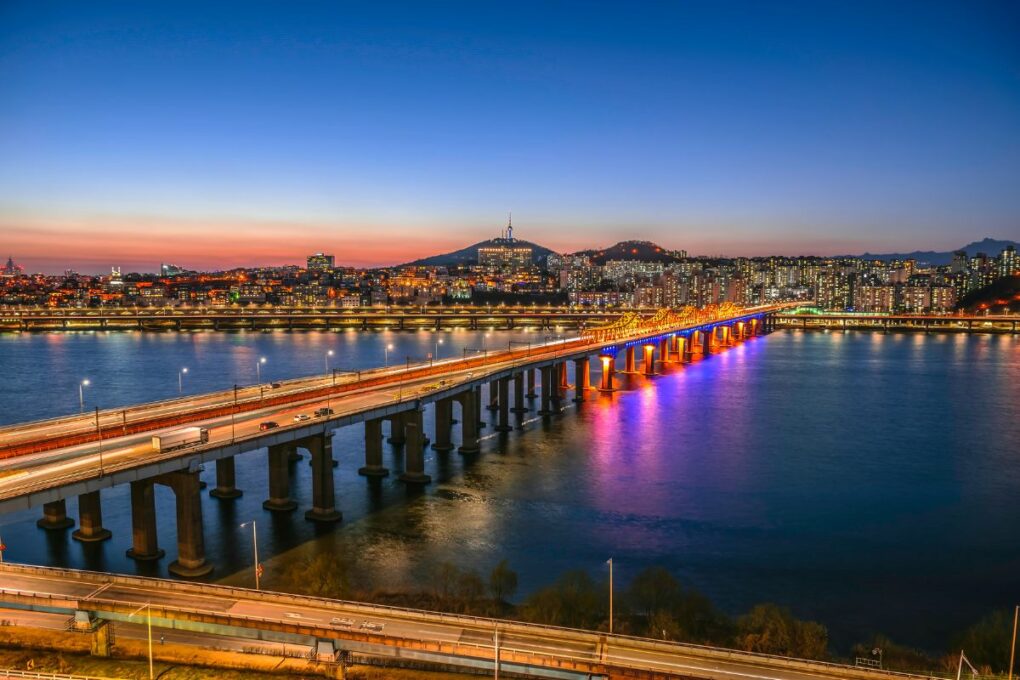
(Love) motels are better than hotels
Believe it or not, people in Korea are beginning to get rid of the stigma associated with motels. They have top-tier amenities for an affordable price, and each room has a theme that anyone can enjoy.
A prime example is a PC Bang-tel, which lets the visitor play computer games all night with fast Internet & high-spec gaming tech. Other than that, most motels have a television with prepaid video streaming services like Netflix or Disney Plus.
Gangwon Land is the only casino in Korea
This is a fact about South Korea that foreigners often find strange because Seoul has all kinds of entertainment centers imaginable; you’d think that every hotspot has at least one casino.
Apparently, gambling in Korea is heavily regulated to the point that Koreans wouldn’t dare think of visiting one built on their own soil. On the other hand, foreigners can gamble freely.
Korea has the world’s largest department store
This is probably not a surprising fact about South Korea, but it definitely shows how much they invest in shopping destinations. In Centrum City, Busan, lies the world’s largest department store, surpassing the Macy’s in Herald Square, New York.
It’s large enough to hold four large entertainment facilities, namely an ice rink, a movie theater, golf range, and a spa.
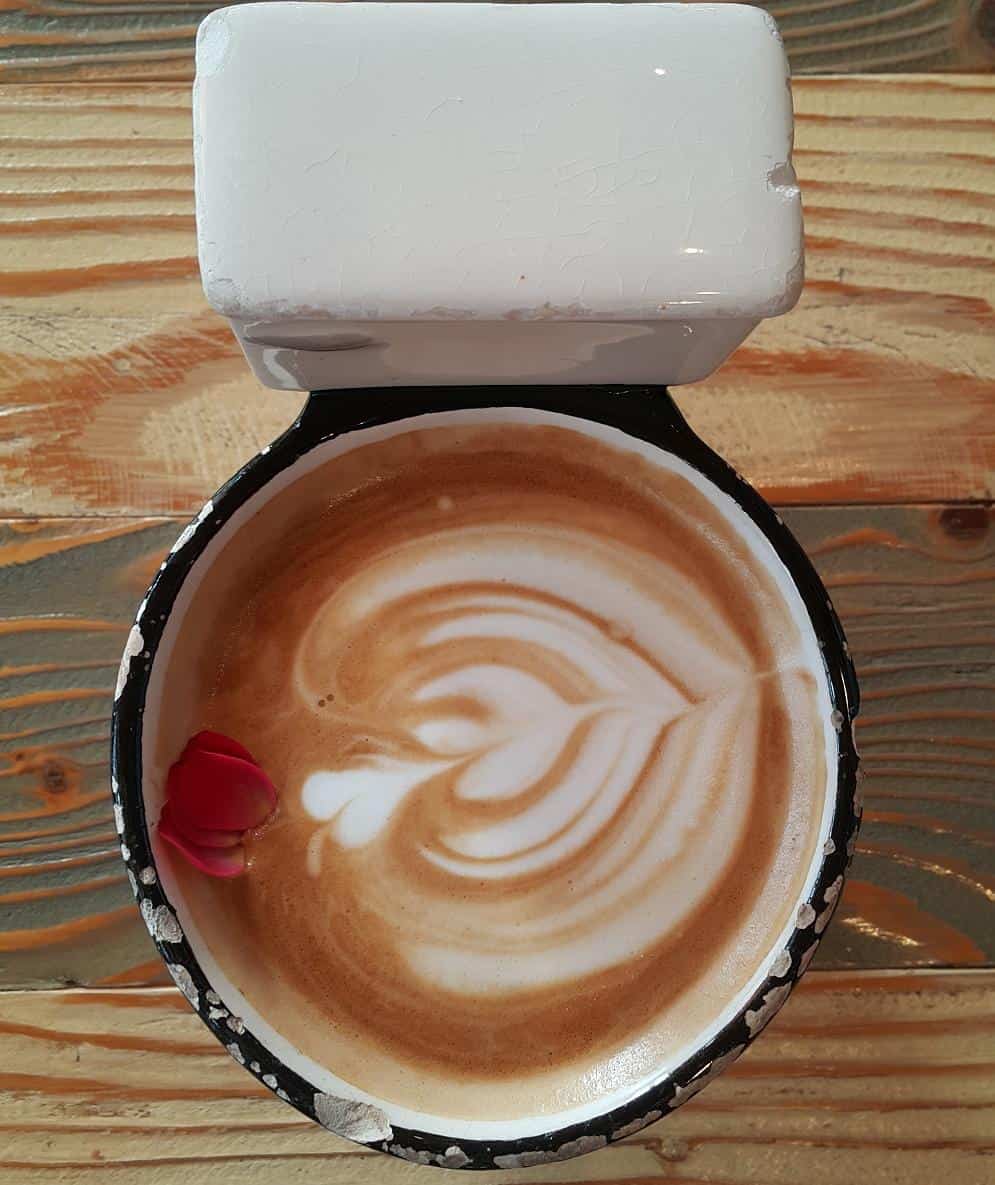
Korea has a poop museum
Yes, you read that right. Koreans have a poop museum called Poopoo Land. Sure, the theme of the museum is mostly poop (and you can even join an exciting poo party), but it’s also a fun way to teach your kids about the digestive tract without getting into awkwardness yourself.
Korea has a toilet museum
Just when you thought that they’d run out of crazy ideas for a museum, here’s another one: a museum for toilets. Haewoojae Museum (a.k.a. Mr. Toilet House) is a toilet-shaped house that used to be the residence of Sim Jae-duck, past mayor of Suwon City.
Apparently, his love for this unusual throne started when he learned that he was born in a toilet. After his death, his family offered his house to the public, and it was turned into a museum people can visit for free.
Korea has a penis park
Sigmund Freud would adore taking a stroll in this park. Legend has it that a woman named Haesindang was blown away by the wind after her fisherman husband left her abandoned on a rock in the middle of a beach.
Because no fish came and Haesindang died a virgin, the locals erected tons of phallic structures to appease her vengeful spirit. After a while, the fish slowly came back. If you visit this park, chances are that the locals may reenact the ceremony they did to appease the poor dead woman.
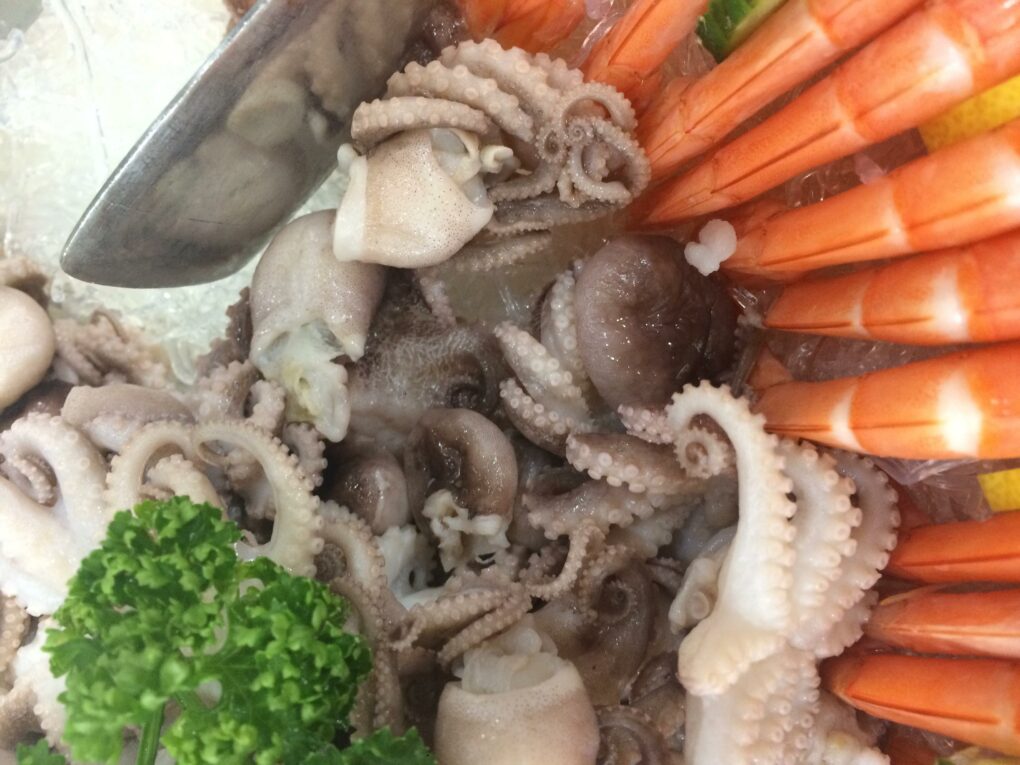
Food Facts About Korea
You can eat live octopus
Live octopus has all three elements of what makes Korean food good: dynamic, interesting, and delicious. Most people who’ve had a chance to eat this dish often praise live octopus for its rich flavor and literal freshness.
Unfortunately, sannakji is part of the “most dangerous foods in the world” list, and only those who are willing to brush up against death should give it a go. And no, it’s not dangerous because it’s poisonous (which is the common belief), but it’s because the creature's tentacles might get stuck in your throat.
There are 187 different kinds of kimchi
Most foreigners think that kimchi is just a spicy mix of napa cabbage, radish, and carrots, but there are 187 different types of kimchi documented by the Kimchi Field Museum. Another fun fact is that kimchi is one of only nine foods listed on UNESCO’s Intangible Cultural Heritage List.
Fruits are expensive
Foreigners are often surprised by this fact about Korea, because fruit seems like the kind of food that shouldn’t cost too much. Sadly, the land and climate of Korea are incompatible with most tropical fruits, so they have import them from tropical countries.
This explains why humble cup of mango bingsu (shaved ice with milk and chopped fruits) is ₩8,000.
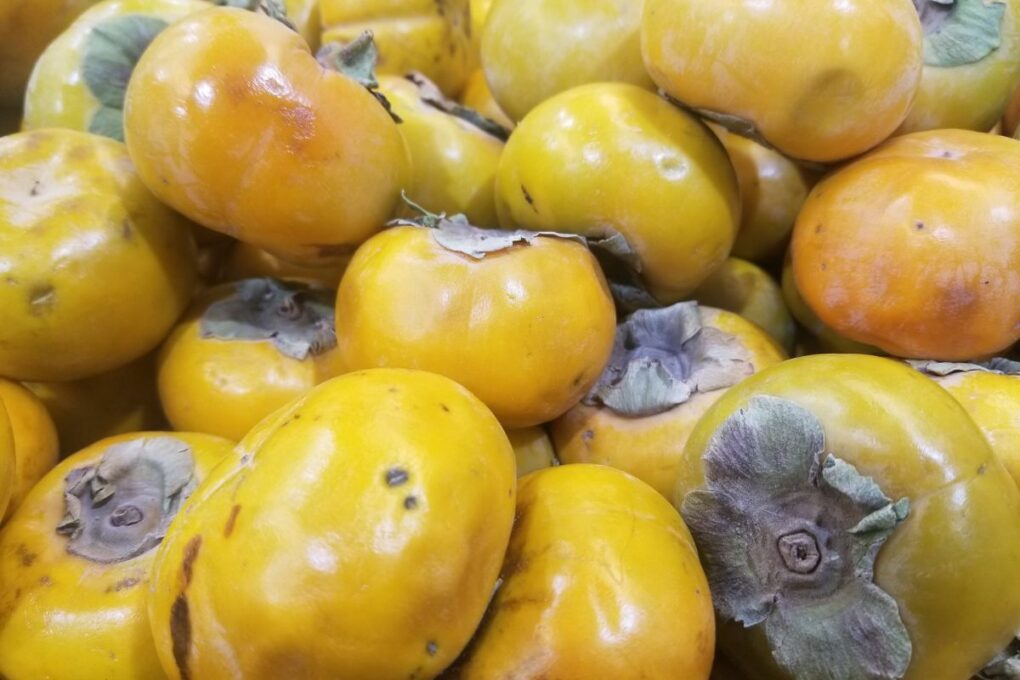
Banchan came to be to discourage people from eating meat
Ban chan, or the little side dishes served before your main course, have existed since the Three Kingdoms Period, back when meat consumption was prohibited because of the influence of Buddhism.
Side note: this source states that it was just beef that was strictly prohibited, and people could have eaten pork as an alternative. Korea was generally poor back then, so the animals they had were used to support farming, causing vegetable consumption to rise in times of higher poverty.
Korean desserts are not sweet
Sure, you may see locals buying cakes for loved ones, but a lesser known fact about Korea is that their traditional desserts are a far cry from being sweet. Traditionally, Koreans made healthier treats for after meals, and some desserts, like yakgwa, were even considered to be medicinal.
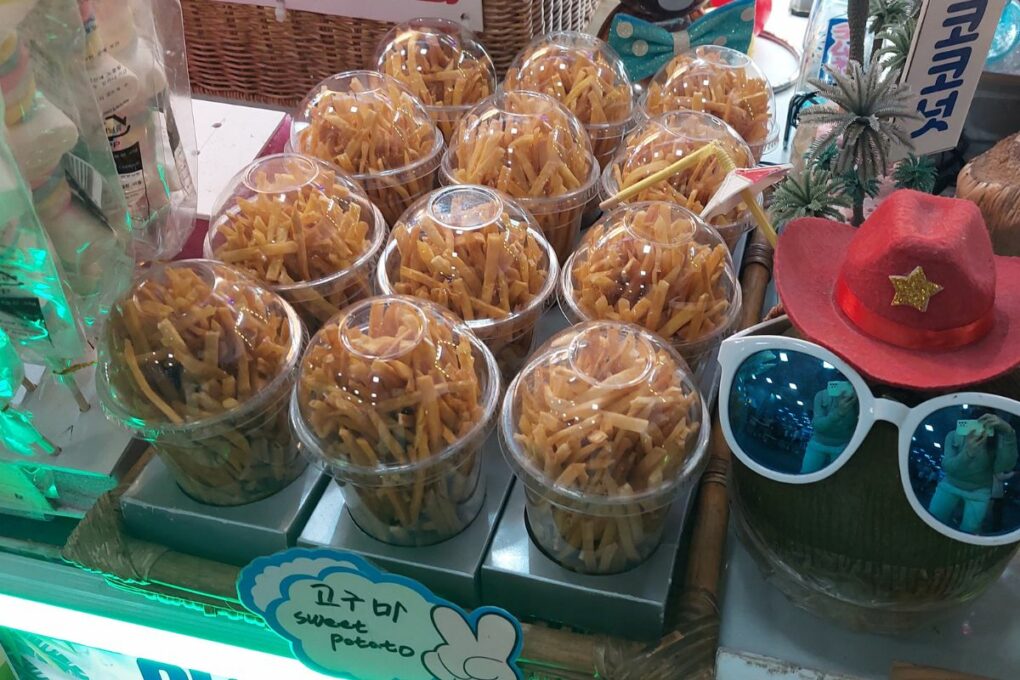
Cultural Facts About Korea
Most Koreans lack sleep
Since 2016 South Korea has reigned as the country with the largest sleep debt, which is a total of 7 hours of 41 minutes. This is already considered sleep-deprivation, knowing that we should all average 8 hours of sleep each night.
This is why you’ll find tons of nap cafés in Seoul, where people can lie down on hammocks, beanbags, and even lazy boys.
Titles are more important than names
If you’re startled by how locals immediately ask your age even if you’re not close, another surprising fact about Korea is that they tend to use titles more than names. This may be difficult to follow, especially if you’re in situations where you manage someone older than you.
But if you want to successfully socialize with Koreans, you may want to be familiar with the appropriate titles, speech levels, and even honorifics.
You’re not supposed to give teachers gifts
Actually, you can give teachers gifts, as long as their value is under ₩50,000 ($35). As for food & drinks, you can give them something below ₩30,000, and offerings during special events like celebrations or funerals can be up to ₩100,000.
This is only as of 2017 or 2018, and when I taught English in Korea I had to sign new contracts when this law passed. Korea created this Anti-Solicitation law to discourage corruption committed by Public Officials (teachers included), and to increase transparency of financials.
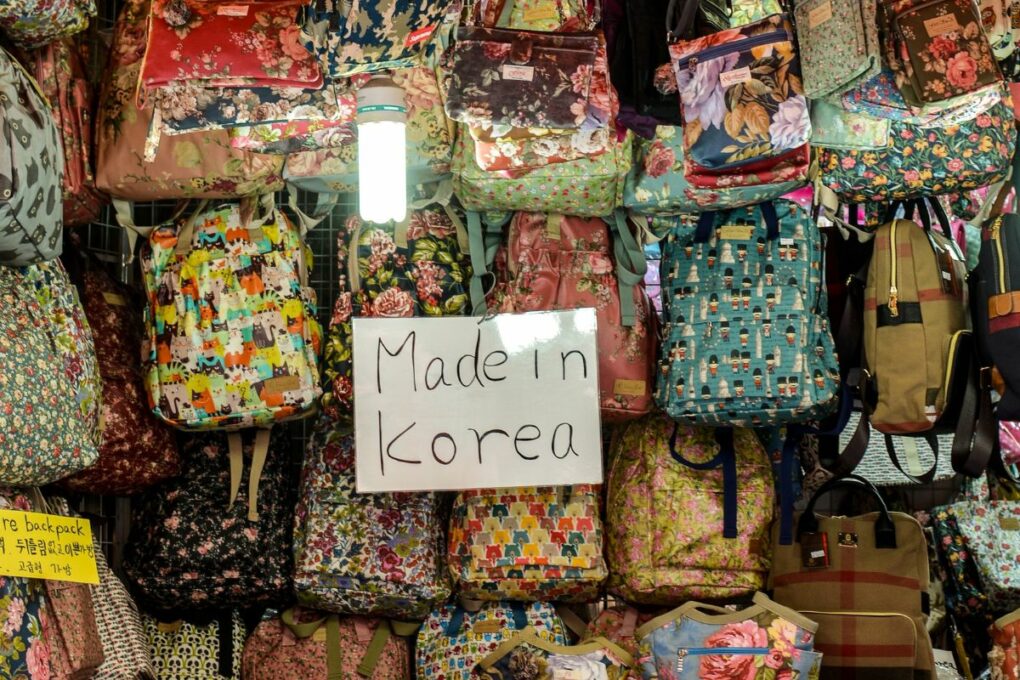
Toilet paper is an acceptable gift
Don’t be surprised if your Korean friends arrive at your housewarming party with lots of toilet paper and laundry detergent. This is because these are the expected gifts to give each other when someone moves into a new home.
Sure, it may be unusual from an American perspective, but this is an indirect way for Koreans to wish you continued good health in your new home.
Tattoos are not actually illegal
Tattoos nowadays are a form of self-expression for Korean youth, and there’s nothing wrong with getting inked in Korea, as long as you get it from an artist with a medical license.
Even though Seoul is becoming more accepting of ink, the rest of Korea is still struggling to come to terms with seeing people with tattoos. Furthermore, even if the design is small and cute, the older generations will always associate tattoos with gangsters and therefore uncleanliness.
Tattoos can still offend locals
Now you can understand why tattooed K-artists like Jungkook and Chaeyeong have a lot of bandages wrapped around their arms and necks even though you can clearly see glimpses of ink at times. This is because there is a persisting societal stigma surrounding body art.
So much so to the point that the no-tattoo policy was incorporated into the policies of multiple places frequented by the elderly. Aside from the jjimjilbang (Korean sauna), some of the least tattoo-friendly places are sports centers, public pools, and kids cafés.
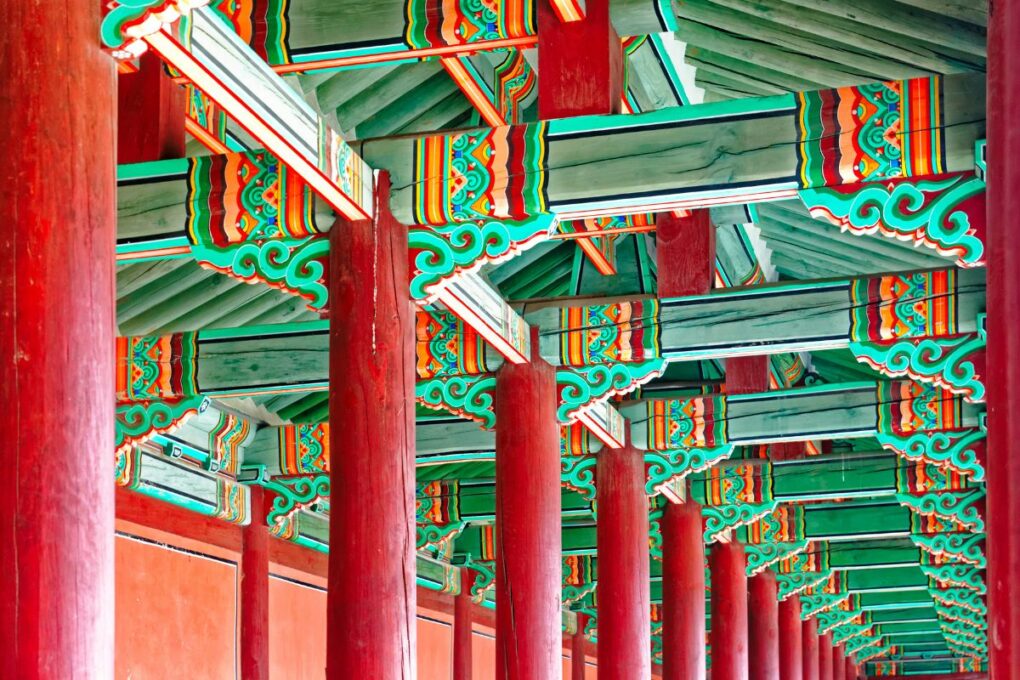
Pornography is illegal
Any form of porn is not allowed in Korea. That’s why if you try accessing any ‘adult’ websites, you’ll be redirected to a scary-looking warning page. They even have “Nuri Cops” or volunteers dedicated to “clean” immoral webpages they encounter online.
Blue Santa
Locals prefer to call this jolly old man “santa haraboji” (Grandfather Santa) because it’s easier to say than ‘Santa Clause,’ but they sometimes refer to this Christmas figure using Konglish.
Dressed in his familiar garb, the only difference is that he’s decked out in blue rather than red, and his hat is often replaced with a gat, or a traditional Korean hat for men.
It's perfectly legal to drink alcohol in public
No wonder Korean nightlife is famous for people getting drunk ‘til dawn. There are no restrictions if people want to drink alcohol in Korea on the streets in public, though day-drinking is culturally discouraged. But if you feel like purchasing alcohol of any kind, you can just head to the nearest convenience store.
And there’s no such thing as a sobriety check in Korea; if you get stopped by police, it’s usually because someone filed a complaint against you for being too loud and rowdy.
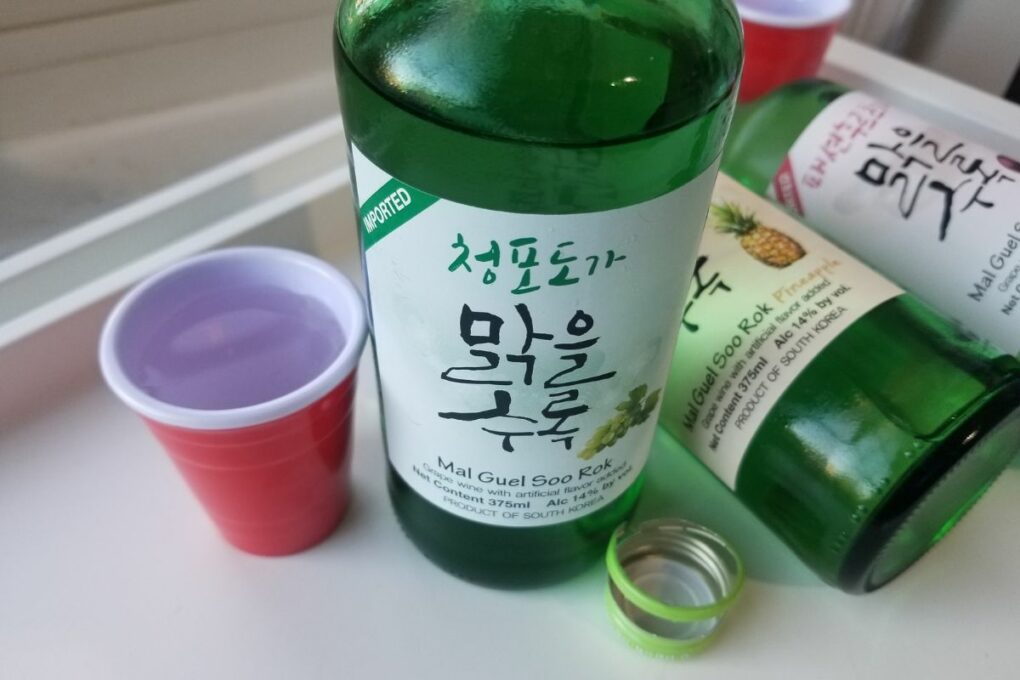
Adultery is legalized
Due to divorce rates soaring in 2015, that year the Constitutional Court decided to repeal the law that made adultery a legal offense. This was because spouses were accusing one another of adultery just to have reasons to get out of an unhappy marriage (see case of Ok So-ri).
Although there were a lot of people that were against this motion due to the risk of encouraging people to commit adultery, most people were in favor of the change. Funny enough, right after this news was released, a spike in contraceptive sales occurred. Hmm.
Korea is rapidly turning into a cashless community
Aside from the collective belief that it’s dangerous to bring tons of paper cash with you, everything is easier using your card. Most Koreans have a “check card,” which works similarly to a debit card, and you can use it to pay for everything (even transportation).
The only time you will need cash is if you go to markets or discount stores, but these are rare occasions because businesses are upgrading themselves to accommodate cards of all kinds.

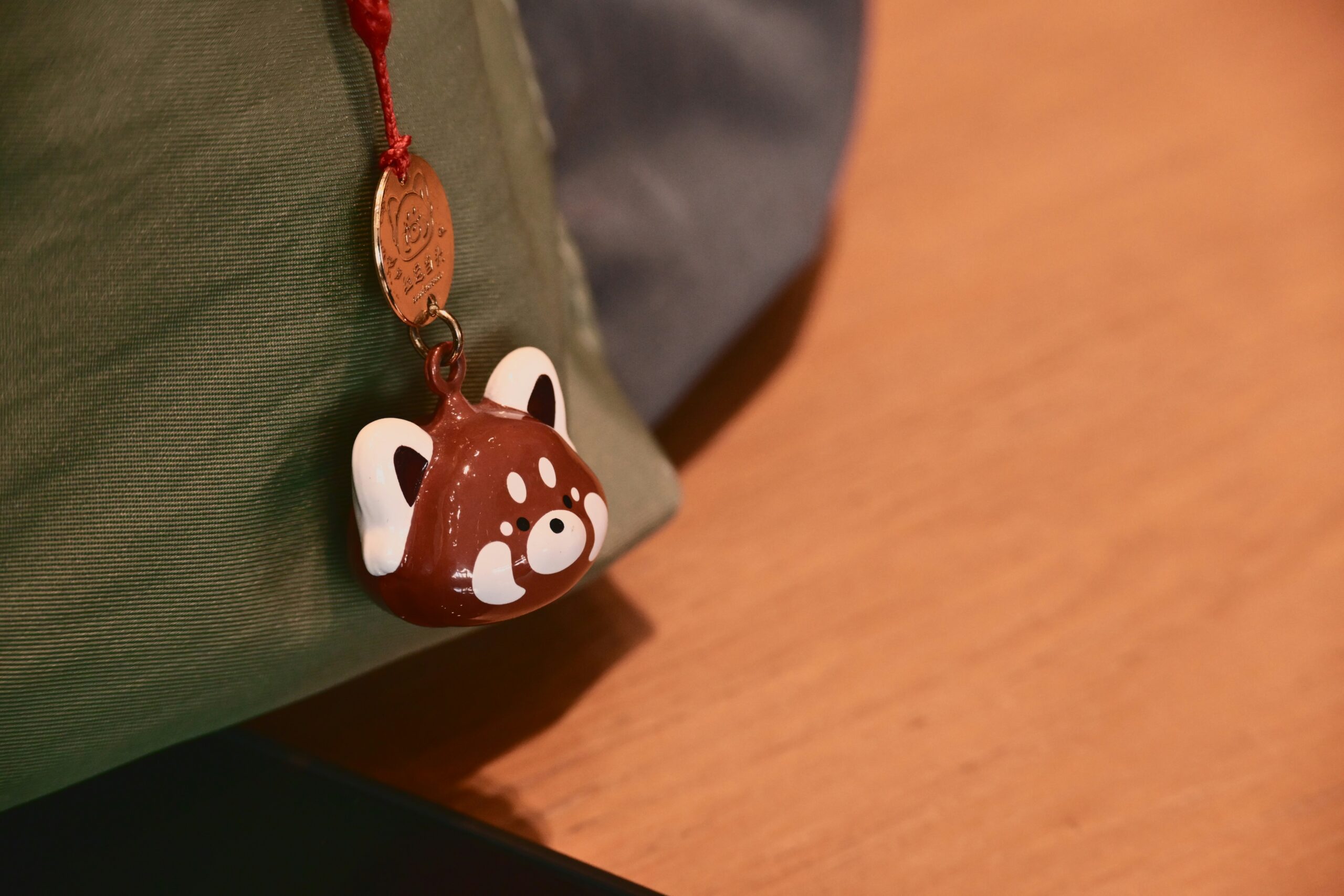
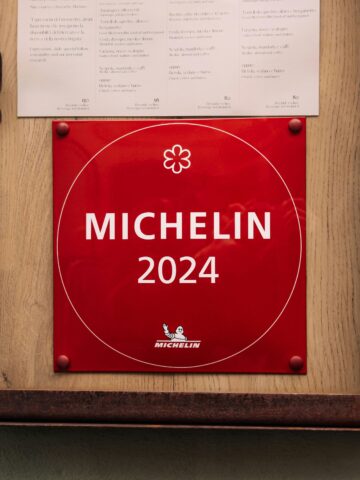
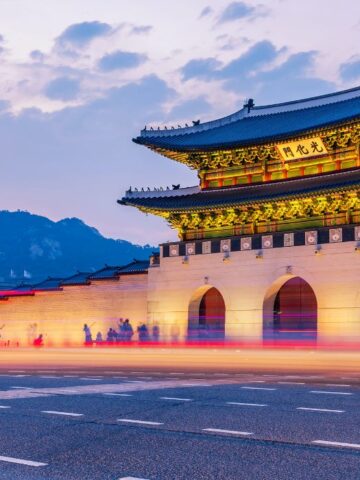
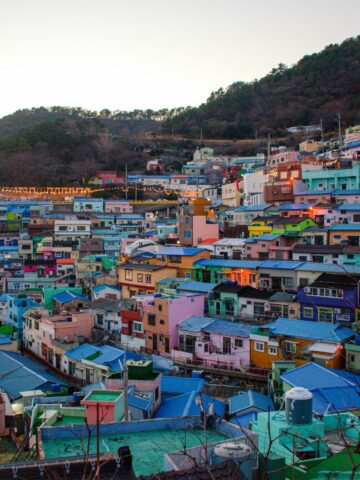
Alina says
This was so cool to read through! Thank you!!
Max says
I'm so glad you liked it!